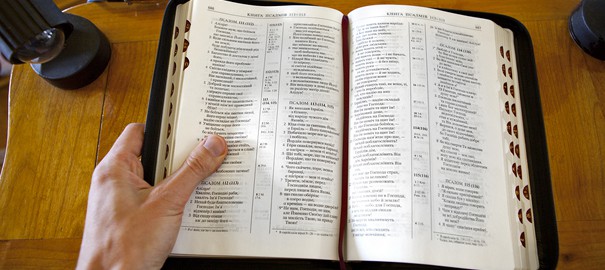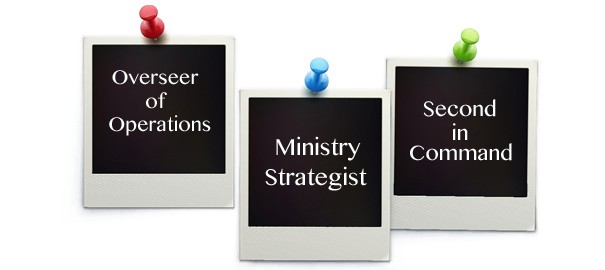Thursday, September 6, 2018
Hey Dr. Fletcher … I’m thanking God for all you are doing in His will. What was the relationship between the Romans and the Jews at the time of Jesus? Will you help me understand that?
DRF—This is a more theological “Hey Fletch” question and I love history! Here is a big picture overview to frame the answer.
King Nebuchadnezzar of Babylon conquered Judah in 586 BC. The Romans conquered the land in 64 BC. The Romans set up the Herodian dynasty, which were Jewish-Roman client kings from 37 BC to 6 AD. Then in 6 AD, Caesar Augustus made Judea into Roman province. Finally in 66 AD, the Jews revolted against Rome, eventually losing that war. During the insurrection, in August and September of 70 AD, the temple and Jerusalem were destroyed.
As the Jewish historian Josephus, writing for the Romans, penned after the siege: “Those places which were adorned with trees and pleasant gardens, were now become desolate country every way, and its trees were all cut down. Nor could any foreigner that had formerly seen Judea and the most beautiful suburbs of the city, and now saw it as a desert, but lament and mourn sadly at so great a change.”
The Jews had hundreds of years of angst at being controlled by foreign powers. They were angry at being dominated by Rome. The Romans levied significant taxes and didn’t allow the Jews to rule themselves. Those Jews who worked with the Romans, such as the tax-collectors, were viewed as collaborators and hated for pillaging the country. Roman soldiers enforced the subjugation of the country. Their methods were brutal and there was no appeal for people who were not Roman citizens.
So, the relationship between the Romans and Jews was bitter. There was great angst and animosity. In Jesus’ day, the Zealots wanted to overthrow the Romans, while other political groups saw that their only means of survival was to work with the Romans.
This frames the New Testament period. It gives us better understanding to Jesus’ words about loving our enemies, paying taxes and going the second mile.










